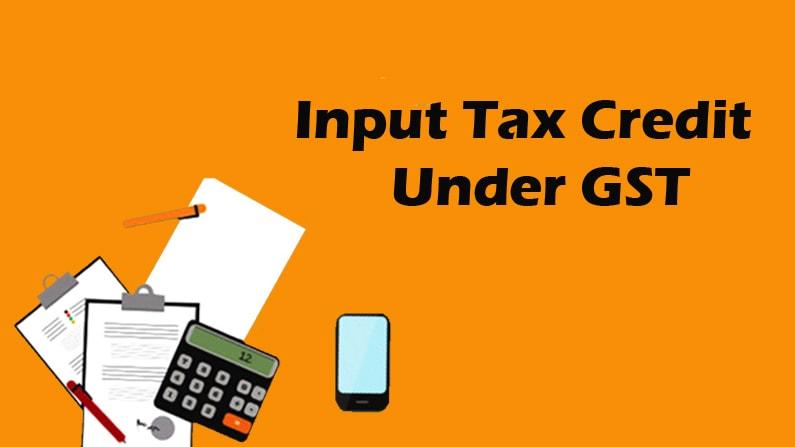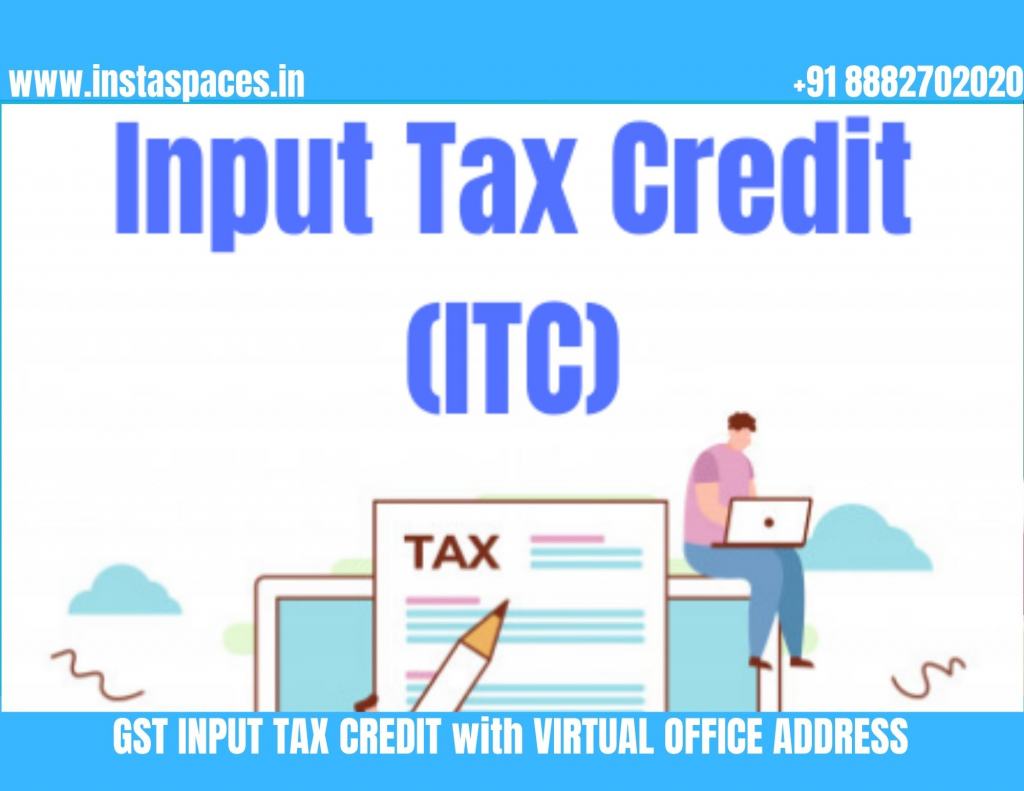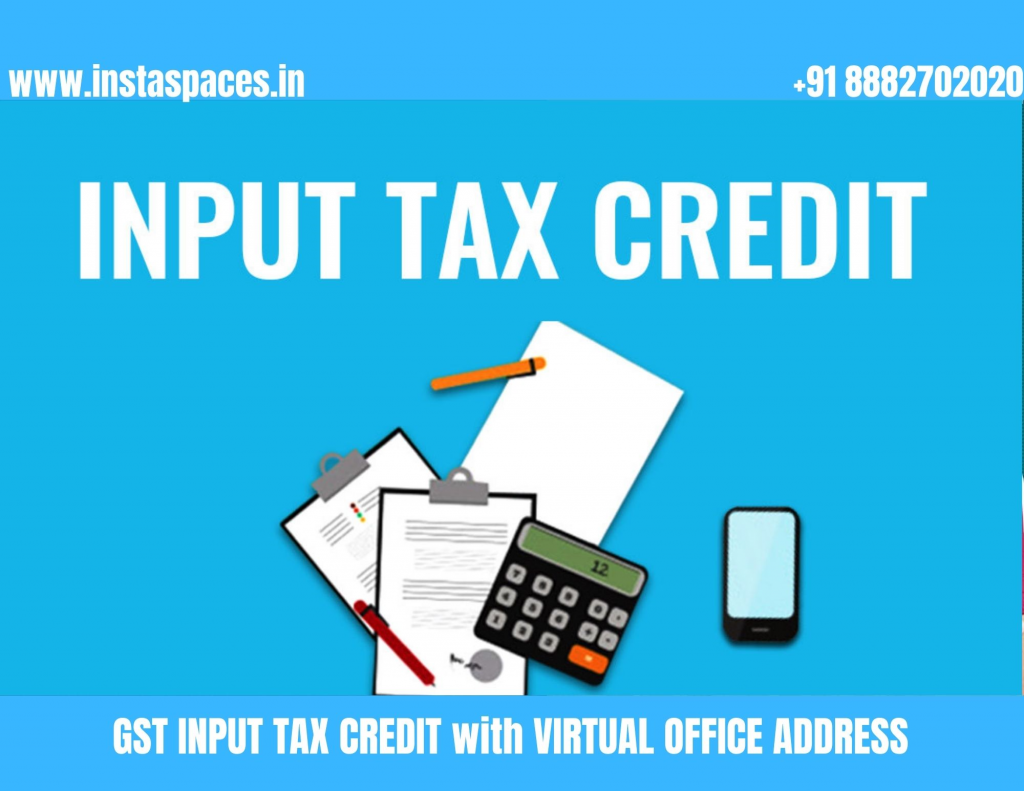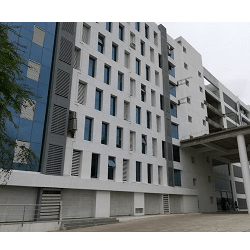The Goods and Services Tax(GST) has recently been introduced in India and it has completely changed the way that we have viewed taxation forever. This new taxation scheme is to be applicable for goods and services and has subsumed the numerous indirect taxes that existed before and has brought them all into one common tax. The scheme has received both praise and criticism. It cannot be denied that the scheme’s introduction has definitely shaken up the economy in a large way.

The simple online registration procedure for GST has made it so that it is easier to get one’s business registered under the scheme. Before a business registers itself under the scheme, the owner of the business should check if they are eligible for it or not. The benefits of the scheme’s introduction have been discussed below:
Benefits of the GST scheme
These are some of the benefits of the GST scheme:
Getting rid of the cascading effect of taxes
GST helped to do away with the cascading system of taxes that were in place before. This essentially meant getting rid of the system of “tax on tax”. Under the GST scheme, all the taxes would now be brought together so that the cascading of taxes does not take place any more.
Exemption for small businesses
Since there is a higher threshold for registration under the GST scheme in terms of turnover, many small businesses get to be exempted from registering under the scheme. This will help them save money.
Easy online registration
The entire GST registration process can take place online which can make things a lot less tedious than they normally would be. Businesses would normally have to run from place to place to get themselves registered for taxation schemes but they do not have to worry about that anymore. The online registration scheme makes things a lot easier and a lot of time can be saved as well.
Avoiding compliances
Before GST was introduced, there were many compliances that had to be dealt with for each tax. Now, since the taxes have been subsumed, there is one field that has to be taken care of. This will save a lot of time which can now be spent much more productively.
Improved logistics
Before the introduction of the GST scheme, businesses had the habit of keeping several warehouses all over India so they would not have to deal with the different tax laws that were in effect in each state. Having to constantly manage all these different laws was found to be difficult for many people. After the introduction of GST, since most of the taxes have been subsumed, the laws for transferring goods across states have also become common. Thus, goods can be stored at warehouses located at better positions than before, now that the fear of trying transportation laws is gone.
Composition scheme
This scheme allows businesses possessing a turnover below a certain limit to pay lower taxes according to certain conditions. This will help small businesses escape from paying an unnecessarily high amount of taxes. The money that is saved through the scheme can be invested in the success of the business.
Input Tax Credit(ITC)
ITC allows businesses to reduce the tax they paid on the inputs when they are paying taxes on the output. There are certain conditions that have to be satisfied if a business wants to avail ITC:
- A registered dealer must have issued the business a tax invoice
- The business should have received the goods and services
- The supplier should have paid the taxes that were charged on the businesses’ purchase to the government
Example to show how ITC works
It is easier to understand the concept of ITC with the following example:
Imagine that you are a manufacturer and you have paid a tax of Rs 500 for your final product and Rs 400 for the input charges. You can now claim ITC on your Rs 400 and only have to pay Rs 100 as a tax amount. You can now understand how much money can be saved using ITC. It is an incredible feature whose impact should not be undermined.
Cases where ITC cannot be claimed
ITC can only be claimed for goods and services that are used for business purposes. It cannot be claimed if the purchases have been made for non-business or personal purposes. These are some of the cases where ITC cannot be claimed:
- For motor vehicles, unless they are used to promote supplying other such similar vehicles
- For food and beverages, health services, cosmetic and plastic surgery, and outdoor catering, unless an inward supply is used by someone to create an outward supply(for the same type of goods or services)
- For renting a cab, health insurance, and life insurance, unless an employer is under an obligation to provide these services to their employee
- For getting a club or health and fitness centre membership
- For any travel benefits that may be availed by employees when they are on vacation
- For goods and services in cases where the tax has been paid under the composition scheme, has been obtained by a non-resident taxable person, or been used for personal consumption
- For goods that have been lost, stolen, or destroyed
- For work contract services in case of constructing an immovable property unless it is for some input service that will help in further supply of the works contract service
- For goods and services that have been used for constructing an immovable property for the advancement of the business
Documents that can be used to get ITC
These are the documents on the basis of which ITC can be claimed:
- An invoice from the supplier of the goods or services
- An invoice from the recipient with proof of them having paid tax
- Debit note from the supplier
- Bill of entry
- Revised invoice
- Document from Input Service Distributor

Important facts about ITC
These facts about ITC will help you have more knowledge about how it is used:
- Only people who have their appropriate particulars in the invoice can avail ITC
- ITC can be claimed as a refund if the tax amount paid on the inputs is greater than that for the outputs
- The tax that is remaining after getting ITC will be deposited with the government by the 20th of the following month in GSTR-3(monthly return)
- ITC cannot be claimed after the September of the next financial year to which the invoice is concerning
- ITC can be claimed by someone in terms of goods in stock as soon as it is a day from the date for which they are liable for registration if they have registered under the GST scheme within a period of 30 days after they become liable for the registration
- ITC can be claimed by someone in terms of goods in stock as soon as it is a day from the date for which they are liable for registration when they switch to the normal GST scheme from the composition scheme under Section 10
- ITC can be claimed by someone in terms of goods in stock related to exempt supplies if an exempt collection of goods or services becomes taxable
- Unused ITC can be sent to the receiver of the transfer in case there has been a change of constitution of a registered person because of a sale or merger
- ITC can be claimed from the GST that has been paid under the Reverse Charge Mechanism
- ITC can be claimed on GST for capital goods
- ITC cannot be claimed if depreciation has been claimed on the capital goods’ tax component
Role of InstaSpaces
InstaSpaces is completely dedicated to ensuring that all the customers that seek us out get what they need. We are always deeply moved when someone chooses to work with us. We have worked with clients all over India and have a library of virtual office addresses for you to choose from, available all over India. In addition to providing virtual office spaces, we also register businesses under the GST scheme. We can also provide you with all the documents that you need for the GST registration so you never have to worry about doing it all on your own.
We will ensure that you get your business registered under the scheme as soon as possible if you want it to be done. Once your business has been registered, we will help you avail ITC if you are eligible for it according to the conditions laid out under the GST scheme. We will apprise you of all the information that you need in great detail. We are incredibly excited to get to know you better and work with you. In case you have any doubts, you can always reach out to us directly or through our website where we have a virtual assistant who can help you out. We hope that our future partnership turns out to be one built on trust and goodwill.
Phone:- +91–888-270-2020
Email:- [email protected]
Happy Office Hunting!


















